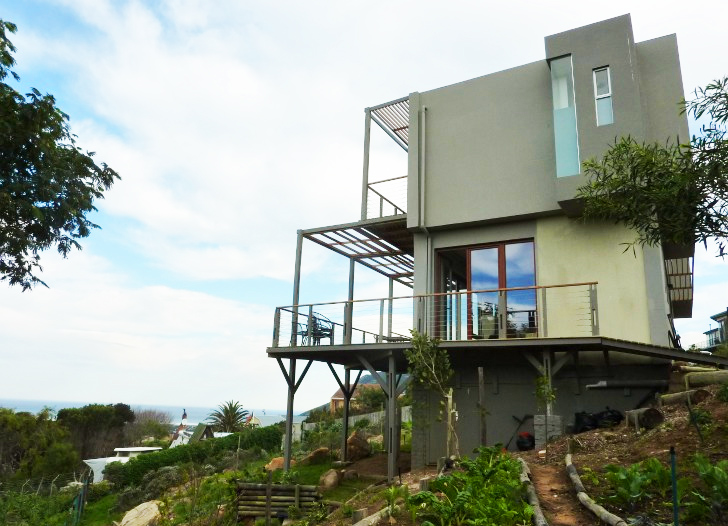 South Africa has the potential to be a perfect example of how hemp can help alleviate poverty by creating jobs in multiple sectors of industry as well as help solve our housing problem with low cost housing. According to long-time industrial hemp expert Paul Benhaim, “just one acre of land is enough for you to grow a crop of hemp that can be converted to a regular looking building on that same piece of land”. South African commercial forestry, which consists of pine and commercial softwoods, eucalyptus, and wattle the principal timbers produced is roughly 3 million acres. Just think if some of those acres could be allocated to hemp.
South Africa has the potential to be a perfect example of how hemp can help alleviate poverty by creating jobs in multiple sectors of industry as well as help solve our housing problem with low cost housing. According to long-time industrial hemp expert Paul Benhaim, “just one acre of land is enough for you to grow a crop of hemp that can be converted to a regular looking building on that same piece of land”. South African commercial forestry, which consists of pine and commercial softwoods, eucalyptus, and wattle the principal timbers produced is roughly 3 million acres. Just think if some of those acres could be allocated to hemp.
Here are some other quick facts about hemp…
• Hemp improves and regenerates soils
• Hemp may be sustainably farmed without herbicide or pesticide
• Hemp sequesters carbon – grows in 100 days, sequesters 11ton of carbon/ha, 1-2t carbon stays in soil as organic carbon, 100kg can be stored in the hemp masonry.
• Hemp is breathable – 75% of allergies including asthma are due to moulds in buildings. Moulds are prevalent in conventional masonry because the material does not breathe.
• Building with hemp is waterproof, fireproof, rodent proof. Affordable, sustainable & local. No need to render, paint, insulate. Can look like any other building.
So if the South African government is so serious about tackling the housing problem why has hemp been overlooked? The obvious answer is cannabis, hemps close cousin who through the media has been thought as one and the same plant. The biggest difference between these to plants is hemp contains less than 1% THC, the chemical compound that caused governments to ban the plant.. so basically if you smoked hemp it would have no effect on you at all except for a mild headache maybe.
Where do we currently stand with hemp in South Africa? The clear and positive impacts that hemp can have on this country seem to be spreading thanks to a few people that have been passionate to spread that message. There have apparently been test trials with hemp farming in the Eastern Cape but why not provide licenses to farmers who wish to farm hemp. If a plant can help people by providing jobs and alleviating poverty, as well as protecting the environment by providing more sustainable options to established industries such as tree paper and building materials what right does any government have to block that? Lets hope that the voices of hemp ambassadors like Tony Budden of hemporium who has recently finished building a hemp house (photo shown in this article) as well as companies like house of hemp and the petition on www.hempnow.co.za will help change the legislation in South Africa, so that it can start making a positive change in thousands of peoples lives.
Credits:
www.hemporium.com
www.hempnow.co.za
www.houseofhemp.com
www.hemptons.co.za


Leave a reply